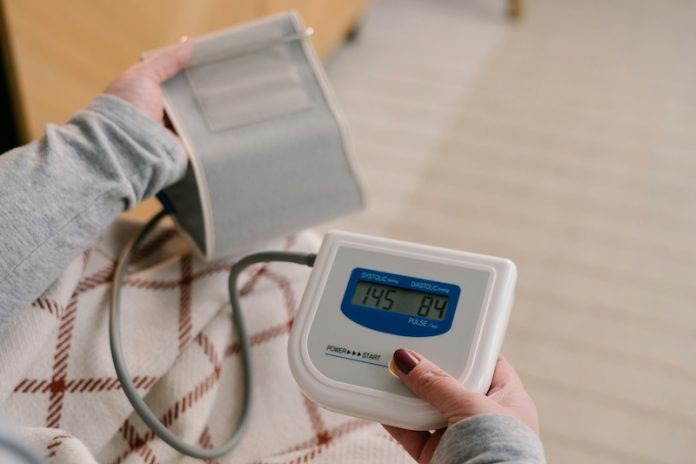
In a world where high blood pressure, also known as hypertension, affects millions of people, finding effective ways to manage it is crucial.
High blood pressure increases the risk of heart disease, stroke, and kidney problems, making it a silent but deadly condition.
While medication is often necessary, there are natural and quick ways to lower blood pressure that can complement medical treatment.
This review explores easy-to-understand strategies, backed by research, to help you lower your blood pressure quickly and safely.
One of the simplest and fastest ways to lower blood pressure is through dietary changes. Reducing sodium intake is a well-known strategy.
Sodium, found abundantly in salt, can cause the body to retain excess fluid, which increases the pressure on blood vessel walls. Research shows that cutting back on salt can have a significant impact on lowering blood pressure levels.
But how do you do this in practice? Start by avoiding processed foods, which are often high in sodium, and try seasoning your meals with herbs and spices instead of salt.
Another dietary approach is increasing potassium intake, which can help balance the amount of sodium in your cells and ease pressure on blood vessels.
Foods rich in potassium include bananas, spinach, avocados, and sweet potatoes. Integrating these foods into your diet can help lower blood pressure levels naturally.
Hydration is another key factor. Drinking plenty of water helps to flush sodium out of your system, maintaining a healthy blood pressure. Aim for 8-10 glasses a day, but remember that needs can vary based on your body size and activity level.
Physical activity is a powerful tool in lowering blood pressure quickly. Engaging in moderate exercise, such as walking, cycling, or swimming, for at least 30 minutes most days of the week can make a noticeable difference.
Exercise helps improve heart health and increases blood flow, naturally lowering blood pressure levels.
Stress management is also crucial. Chronic stress can lead to temporary spikes in blood pressure. Techniques such as deep breathing, meditation, or yoga can reduce stress and lower blood pressure.
Even a few minutes of deep breathing can have a calming effect on your nervous system, leading to decreased blood pressure.
Limiting alcohol intake and avoiding tobacco use are important as well. Both alcohol and tobacco can raise blood pressure and harm your heart. Cutting back or quitting can improve your heart health significantly.
Lastly, getting enough sleep is vital for maintaining healthy blood pressure. Poor sleep quality has been linked to higher blood pressure.
Aim for 7-8 hours of good quality sleep per night. Establishing a regular sleep schedule and creating a comfortable sleep environment can help improve your sleep quality.
It’s essential to understand that while these strategies can lower blood pressure quickly, they should complement your prescribed treatment plan.
High blood pressure is a complex condition that may require medication to keep it under control. Always consult with your healthcare provider before making significant changes to your lifestyle, especially if you have high blood pressure or other health conditions.
In conclusion, managing high blood pressure doesn’t have to rely solely on medication.
Simple lifestyle changes, such as improving your diet, increasing physical activity, managing stress, limiting alcohol and tobacco use, and ensuring adequate sleep, can have a profound and rapid effect on lowering your blood pressure.
By incorporating these strategies into your daily life, you can take an active role in controlling your blood pressure and improving your overall health.
If you care about high blood pressure, please read studies about potatoes and high blood pressure, and top 10 choices for a blood pressure-friendly diet
For more information about high blood pressure, please see recent studies about impact of vitamins on high blood pressure you need to know, and the powerful link between high blood pressure and a potassium-rich diet.
Copyright © 2024 Knowridge Science Report. All rights reserved.



